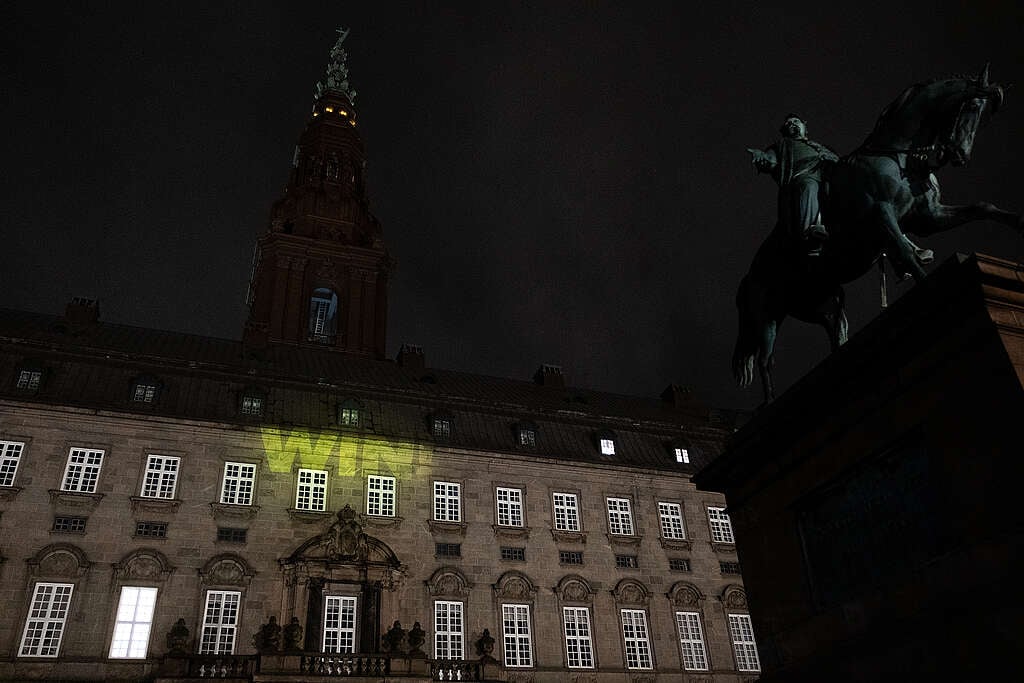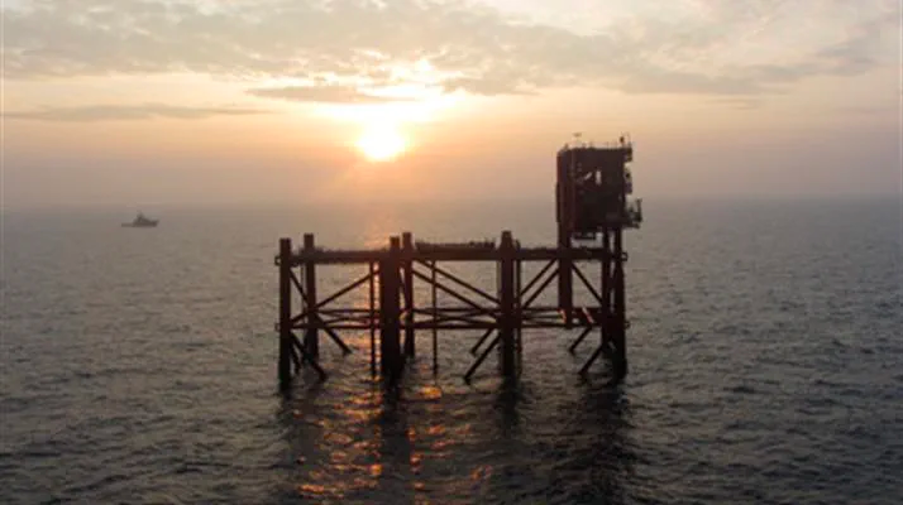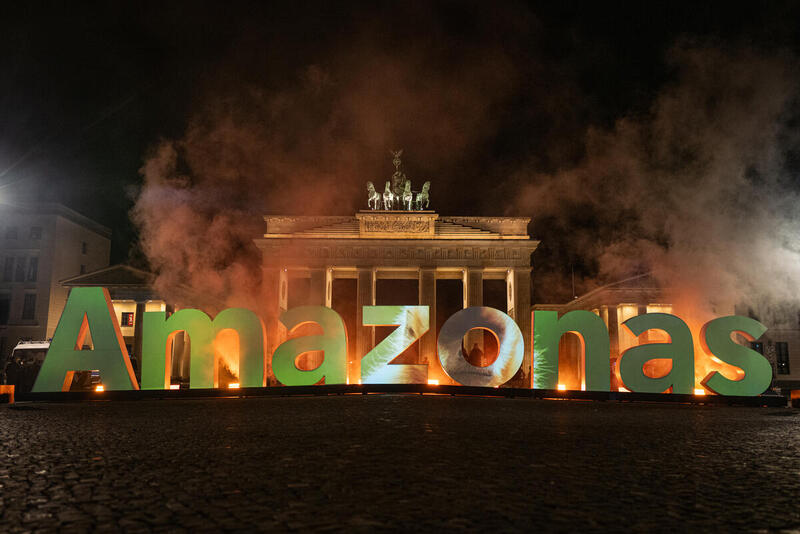The permit to begin new oil extraction of the Danish Hejre field was unlawfully granted. The Danish Energy Complaint Board (Energiklagenævnet) has just overturned the permission given in 2024 to open a new oil field in the North Sea. This means that Greenpeace Nordic’s complaint has been upheld and that oil and gas production cannot start in the Hejre field. This is the first time a Danish oil permit has been called illegal and withdrawn.

“The Energy Complaint Board formally cancels the Danish Energy Agency’s decision and refers the case for renewed processing,” was how the Danish Energy Complaint Board (Energiklagenævnet) responded to Greenpeace’s complaint referring to the Danish Energy Agency permission granted in April 2024 for INEOS to begin development and production of the previously unopened oil field, Hejre in the North Sea.
“The world is safer now with one less oil field. It’s been a long time since I could kiss my children goodnight and actually believe that our fight for their future can result in concrete wins. The government wouldn’t stop the Hejre field but with this decision, we believe that we have now stopped the last new oil field in the Danish North Sea. It’s huge!” says Head of Climate Policy at Greenpeace Nordic, Helene Hagel.
The Complaint Board agrees with Greenpeace that INEOS’ environmental impact assessment (EIA) doesn’t take the field’s full climate impact into account, specifically the climate impacts when the extracted oil and gas is combusted – known as Scope 3 emissions. As this information is lacking, all activity at the field must cease. If INEOS decides to apply again for a permit, the entire application process must start anew.
Nikolaj Nielsen, the lawyer from Kontra Advokater who represented Greenpeace Nordic in the complaint is extremely satisfied with the Complaint Board’s decision:
“This is a clear decision from the Complaints Board that unambiguously states that the permission given to development of the Hejre field is illegal. The decision brings Danish law in line with EU law and international legal practice. According to their decision, all activity at the Hejre field must stop and cannot be continued until the correct environmental impact assessment is received. The new assessment must include the highly significant climate effects of extracting oil and gas, which will inevitably be burned and lead to further warming of the planet.”

In May 2024, Greenpeace complained about the Danish Energy Agency permit because it didn’t take account of the climate impact when the extracted oil and gas is burnt. In its decision, the Complaint Board emphasised that the purpose of the environmental impact assessment (EIA) is to ensure that the public is informed about the possible environmental impacts of a project, in order for authorities to make an informed decision.
“This decision means that both the public and the Danish parliament will know the concrete consequences of new oil and gas fields for humanity, climate and nature – before they can be approved. Governments and authorities will no longer be able to blindly say yes to new projects without knowing the climate effect. It will now be interesting to see if INEOS drop their plans completely or if they send a new application that lives up to the new requirements,” says Helene Hagel.
The Complaint Board refers to similar judgments that interpreted the EIA Directive, including the recent European Free Trade Association (EFTA) Court decision regarding three Norwegian oil fields.
“We are extremely pleased but not really surprised. This decision is directly in line with decisions from the EFTA Court, the Supreme Court of the UK and the European Court of Human Rights, which all state that we must know the full climate consequences before we open new oil fields. For Denmark, it means that permits to start new oil extraction can’t be given without a thorough assessment of the climate consequences. Within the EU, the decision creates a legal precedent that will hopefully have implications for all plans to open new oil and gas fields in the European Union” says Helene Hagel.
END:
Photos available here: Hejre – credit Frederik Kynde
Contacts:
Helene Hagel, Head of Climate, Greenpeace Denmark,
[email protected], +4526113951
Rikke Agerbaek, Press officer, Greenpeace Denmark, [email protected], +4524214530



